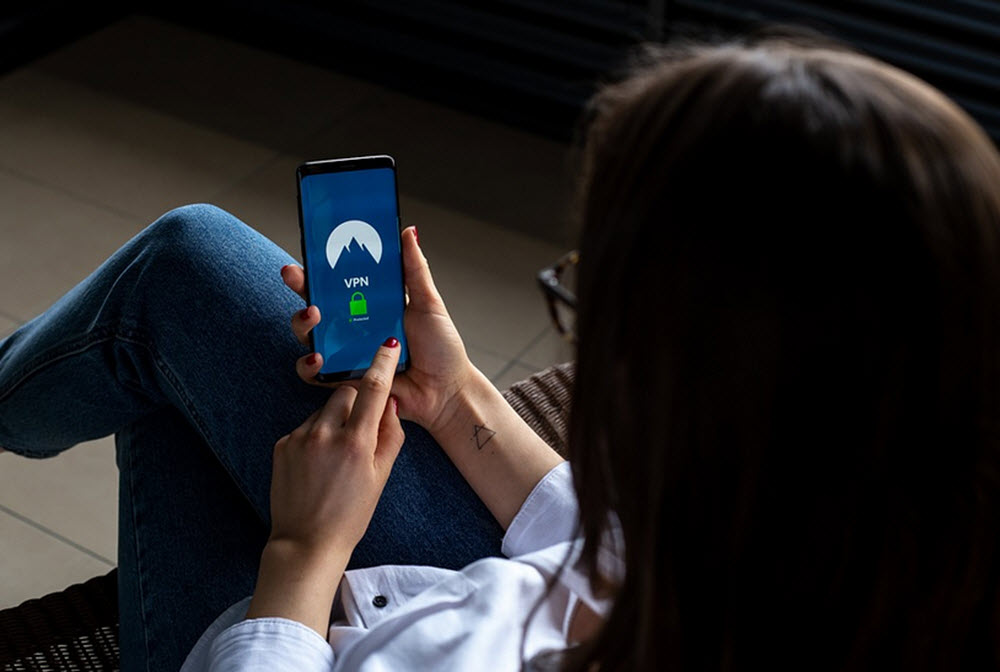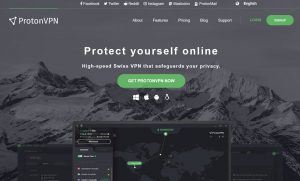CHOOSING A VPN
Browsing the internet is useful. Whether you are working, doing a project for school, socializing, or just trying to kill some time, the internet delivers what you need. While most websites and internet providers try to place security protocols to protect you, it does not hurt to take a more active stance on your online protection and security. When trying to stay private and safe online, most corporations and individuals turn to VPNs or Virtual Private Networks. These networks can protect your sensitive data and keep cybercriminals from eavesdropping on your online movements.

What is a VPN?
As we said above, VPNs are private networks that you access through a program or application on your computers and mobile networks. When accessing the internet through a VPN you circumvent geo-restrictions and censorships that might be placed on your network. This added feature of VPNs has made personal VPN usage skyrocket around the world, especially in countries with strict control on websites or social media access on the internet.
These Virtual Private Networks work by forming a direct connection with the private network of the VPN company or the company for which you work. Remote employees, though a corporation or company VPN can access files and documents on their businesses networks as if they were physically at that location.
Before starting to use a VPN service, it is crucial to figure out what you want to use VPN for. If you are trying to simply secure your information and use the internet with anonymity than the criteria for picking a VPN provider is not as complicated. However, small to big businesses and corporations requires a much different set of functions to conduct their business privately and safely.

Which VPN is For Me?
VPN services distinguish themselves from each through different criteria. These differentiating factors will determine if one provider is a better choice for you then others.
- Protocols
- Speed
- Price
- Number of Servers
- Number of Countries
- Number of Simultaneous Connections
- Number of Unique IPs
- Logging and Jurisdiction
When deciding on which VPN brand or provider to use, you will need to consider multiple things. To make this simpler, we will separate Personal use requirements from Business use requirements. People who want to use a VPN for simple personal security will need to check for these criteria.
Personal Use
- Find a provider with secure communications protocols. Look for Services that use OpenVPN protocol rather than the less secure PPTP protocol
- Make sure the provider can protect your privacy. Avoiding ones that store your traffic logs.
- Keep an eye out for fake or free providers. These companies make money by selling your surfing information to other businesses.
- Make sure the speed of connection is sufficient to support your use.
Business Use
- All the factors listed above for personal use apply to businesses using VPNs.
- Make sure that the provider allows enough number of simultaneous connections. If you need to connect 200 people but your VPN provider only allows 100, you are screwed.
- Make sure all the device and apps you need to use are supported. Most will work across all current computers and mobile devices, but make sure to double-check.
- Find the provider with the best service to price ratio.
- Check your providers Logging and Jurisdiction requirements. If a provider logs all your online movements, a local government can request and attain this information.There are many reputable VPN providers and they all offer the same but different service. It is on you to find the format which most benefits you and your business. Do your research and make the best choice to fulfil your needs.



